Six trend foods that grow in Switzerland
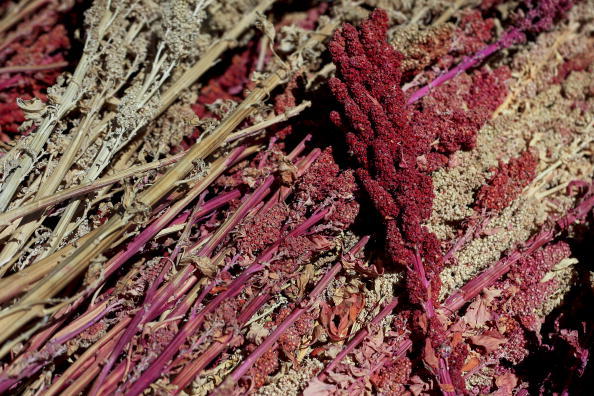
Crops once exclusive to South and Central America are now flourishing in Switzerland as the demand for unusual foods and those with specific health benefits grows. Here are six examples.
1. Quinoa can give you ideas
Growing quinoa in Switzerland was the 2014 brainchild of Mirjam Lüthi,External link a Swiss agronomist who researched the crop and found it to be compatible with the Swiss climate and its soil. Quinoa has its origins in the Andean region of South America, where it’s been grown for thousands of years. Highly nutritious and healthyExternal link, quinoa is becoming increasingly popular in Switzerland. Only a handful of farmers started planting the crop in 2015, whereas in 2017, there were 34External link producers planting 40 hectares.
2. One potato, sweet potato
After the common potato and manioc, sweet potato is one of the world’s most popular root and tuber plants. The sweet potato is native to Central America and is cultivated in over 100 countries. In 2014 the sweet potato trend first came onto the radar of the Swiss competence center for agricultural research, AgroscopeExternal link. They claimed the sweet potato could be interesting for vegetable cultivation in the future due to its tolerance of heat and drought, especially since it is enjoying increasing popularity among younger generationsExternal link.
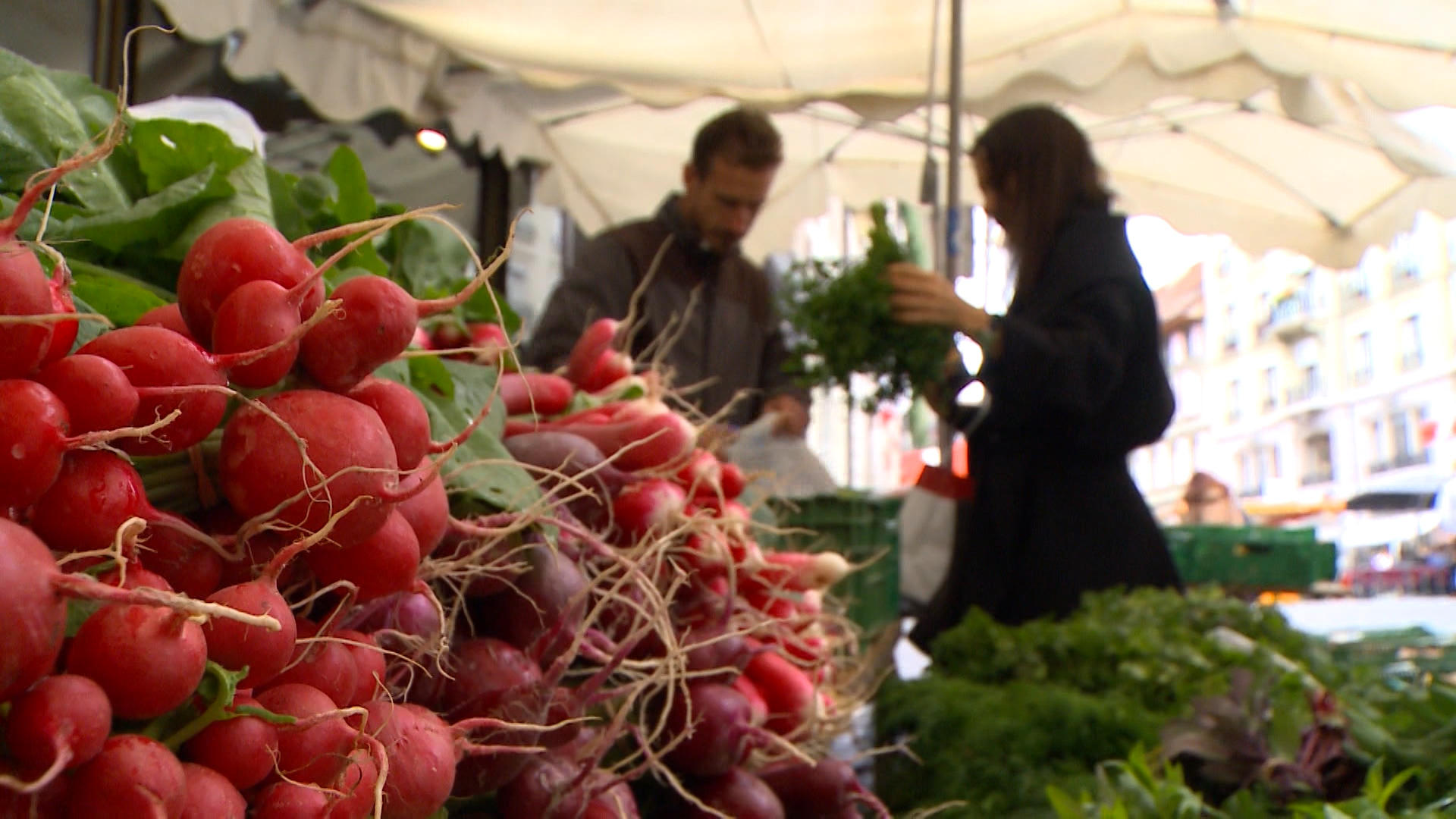
More
Made in Switzerland: sweet potatoes
3. Good things, small packages and mini kiwis
They’re tropical, grow to a maximum of 4cm in size, contain masses of essential nutrients and vitamins, and they’re growing in Switzerland. Although China produced 56%External link of the world’s mini kiwis a couple of years ago, they have become a typical fruit crop for farmers on the banks of Lake Constance. Although 23 tonnes of these vitamin bombs are produced each year by approximately 20 Swiss producers, they still remain a lesser known pleasure.
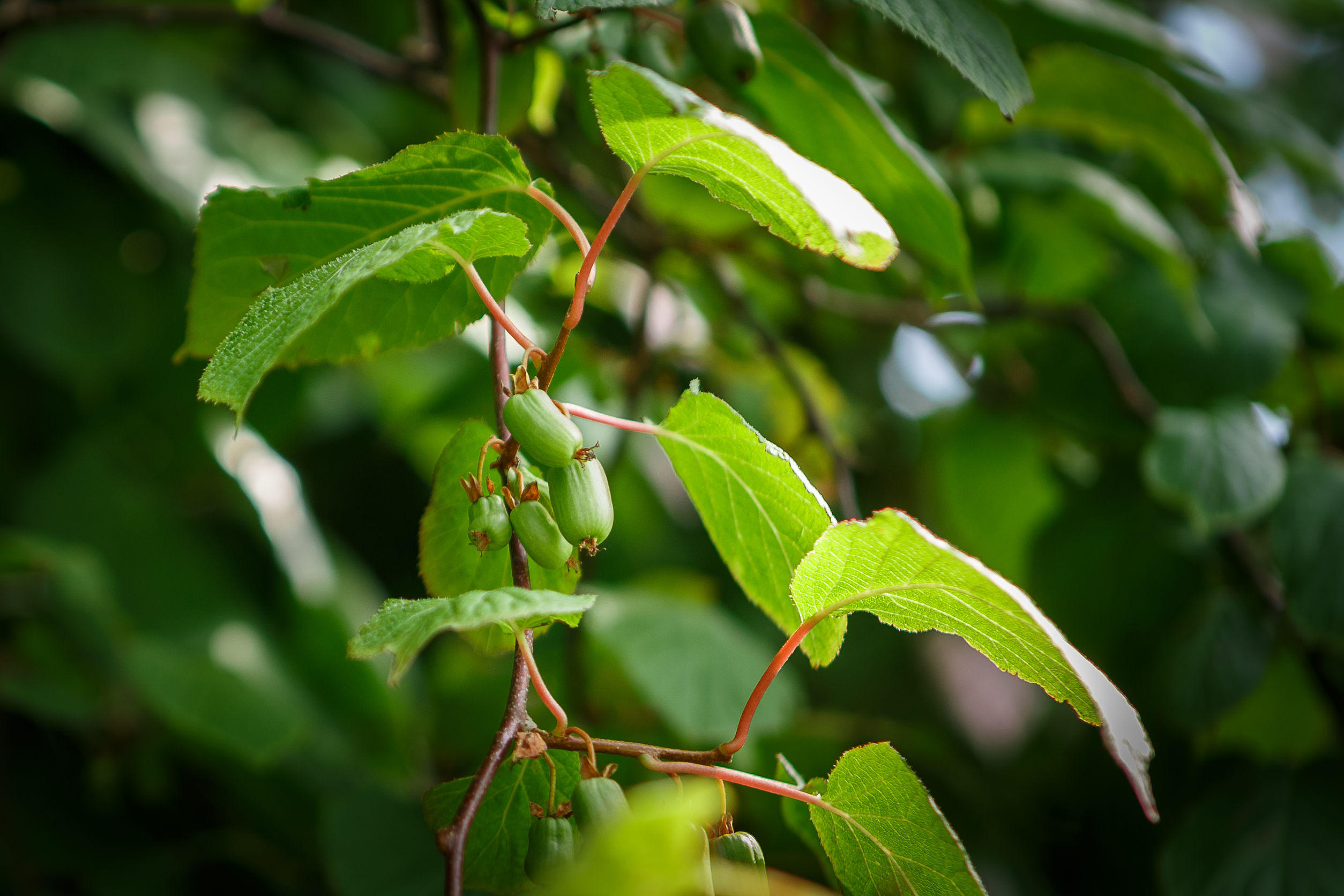
4. You won’t be immune to goji berries
Originally from Asia, mainly cultivated in China, goji berries have been appreciated for 6,000 years for their high mineral and vitamin content. They are used in Chinese medicineExternal link and are said to be good for the eyes and strengthening the immune system, among other health benefits. Bio Suisse standard and quality goji berries were harvested for the first time in 2016 in Zurich’s wine region.
5. The Viking of all berries: aronia
The aronia berry, which belongs to the rose family, can be an acquired taste for some. But because of its positive effects on health and its robustnessExternal link for growth, it is one of the most valuable additional berry crops. In Switzerland there are three varieties cultivated; Nero, Viking and Aron. Aronia has been professionally cultivated in Switzerland since 2007. The Aronia Switzerland interest group was founded in 2009 with the aim of increasing awareness and cultivation in Switzerland. The 43 members now have a combined acreage of 40 hectares. In 2013, IG Aronia Schweiz distributed about 28 tonness of berries to the market. The berries are sold fresh or dried, or as a juice. Fresh aronia berries are commonly used for jam, ice cream or cakes.
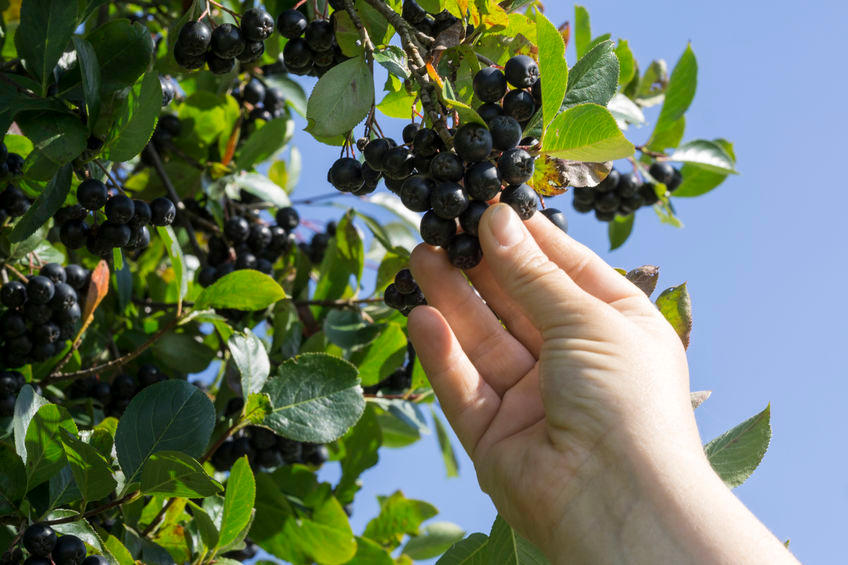
6. Modern apricots
Apricots grown in Switzerland are produced mainly in canton Valais, in the southwest, due to its perfect micro-climate. But in the rest of Switzerland, the risk of frost damage can deter the growth of this soft fruit. Now, innovation has hit other parts of Switzerland in producing the delicate fruit in polytunnels, which should minimise the risks and make for a successful season this year in the northern Swiss canton Aargau. This will boost the market for regional sales: 2,000 apricot trees have already been planted this year in canton Aargau, which should produce 9,000kg of fruit within the next six years.
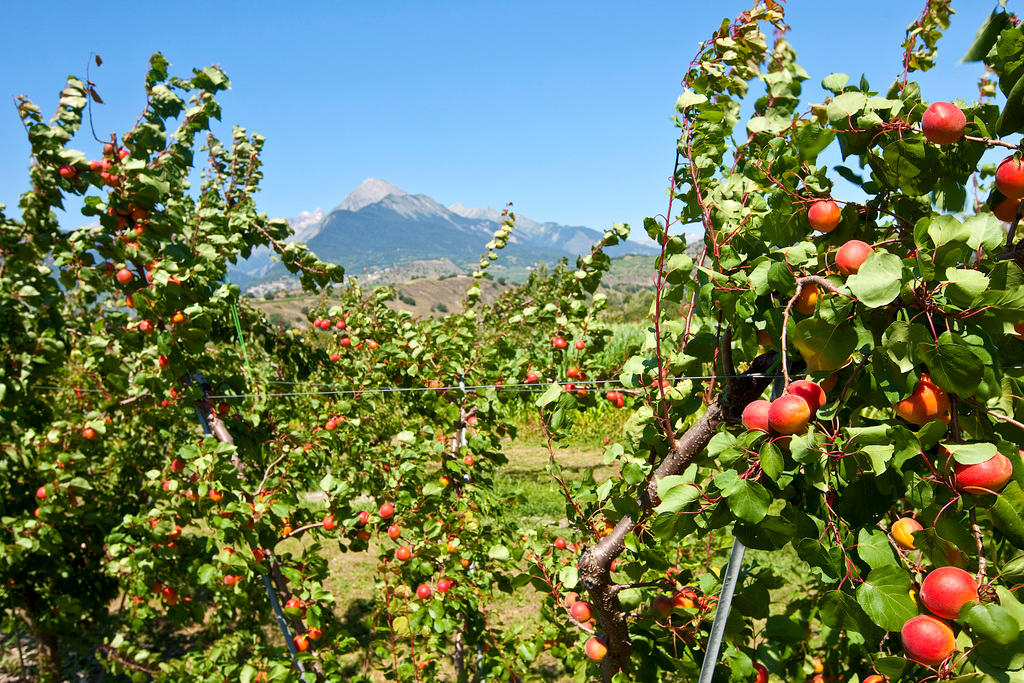

In compliance with the JTI standards
More: SWI swissinfo.ch certified by the Journalism Trust Initiative

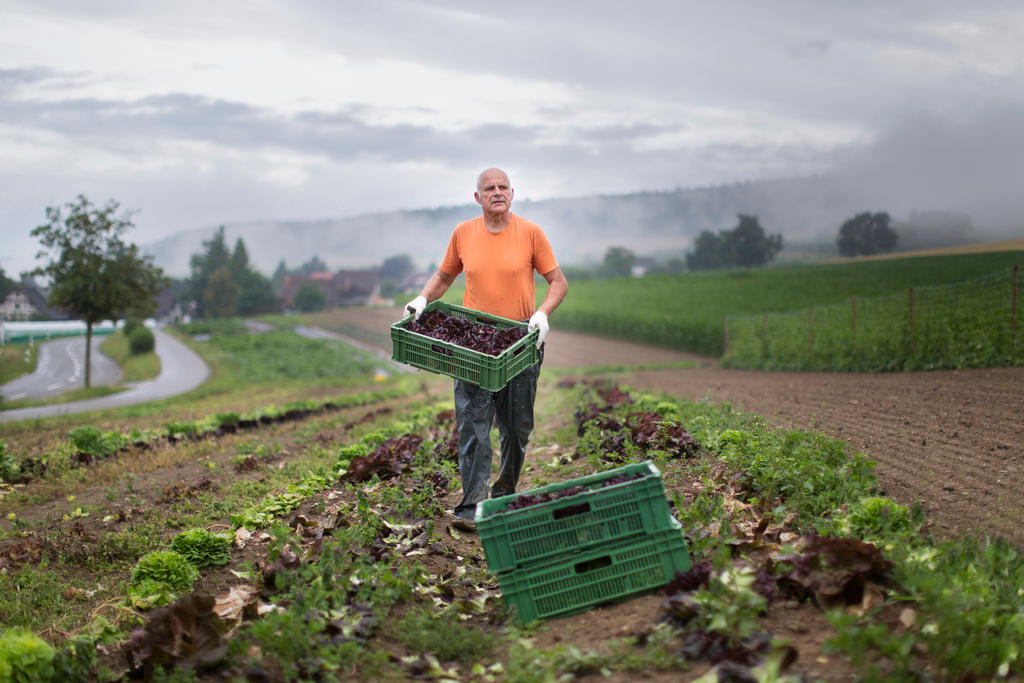
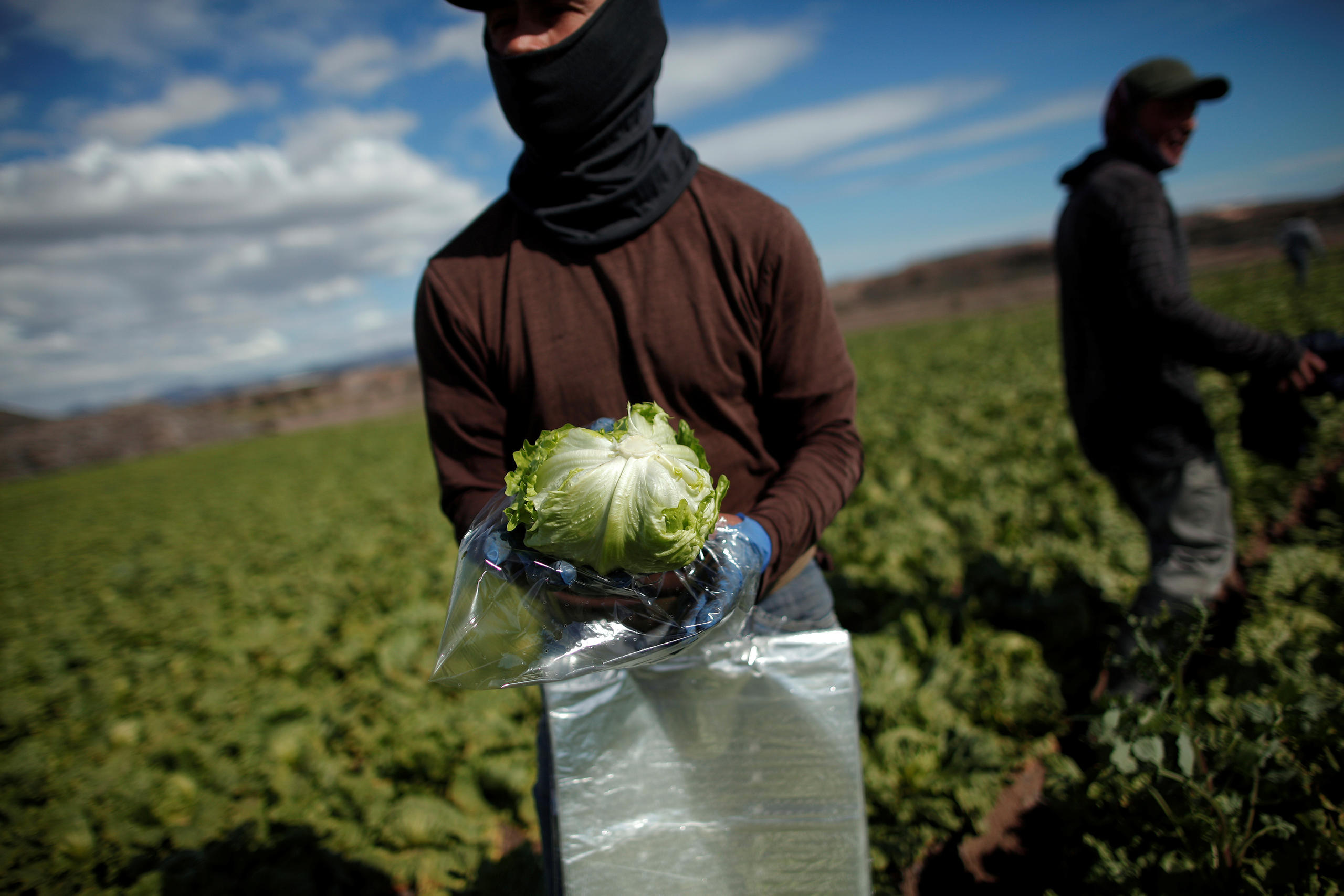
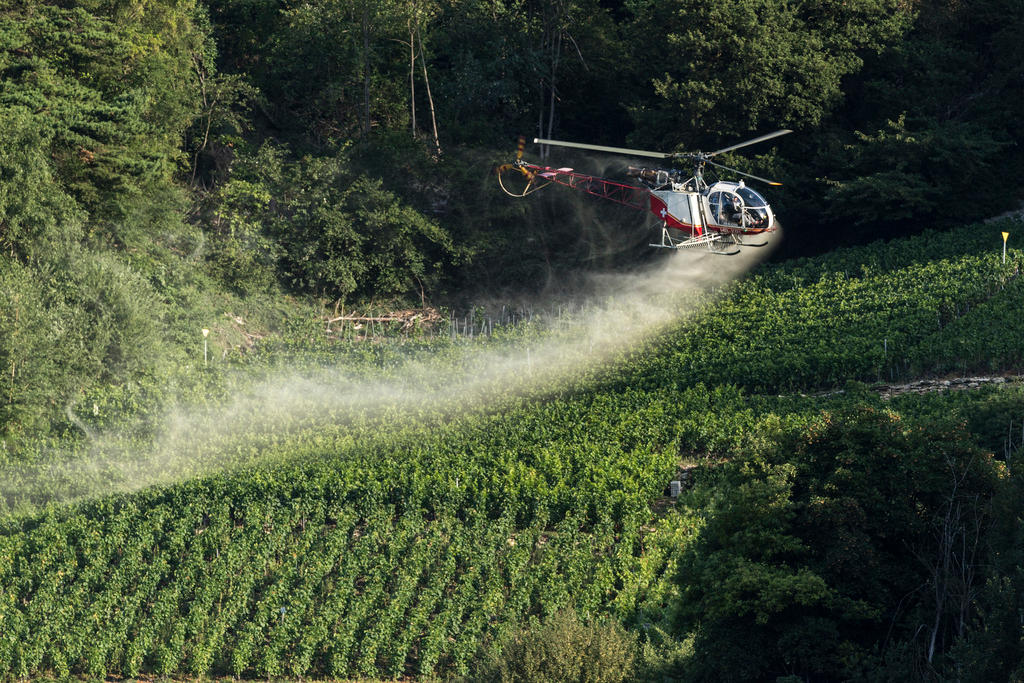

You can find an overview of ongoing debates with our journalists here. Please join us!
If you want to start a conversation about a topic raised in this article or want to report factual errors, email us at english@swissinfo.ch.